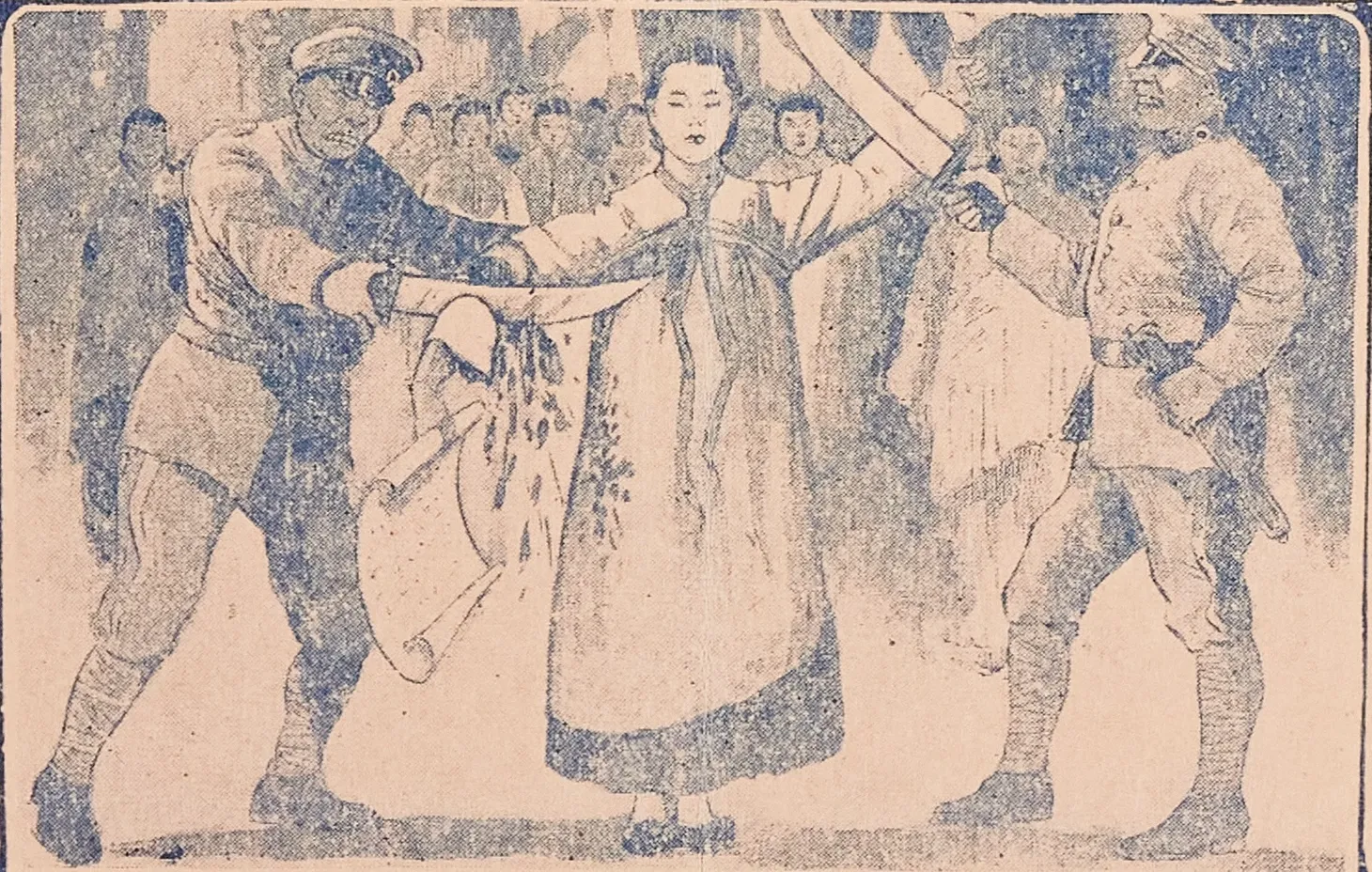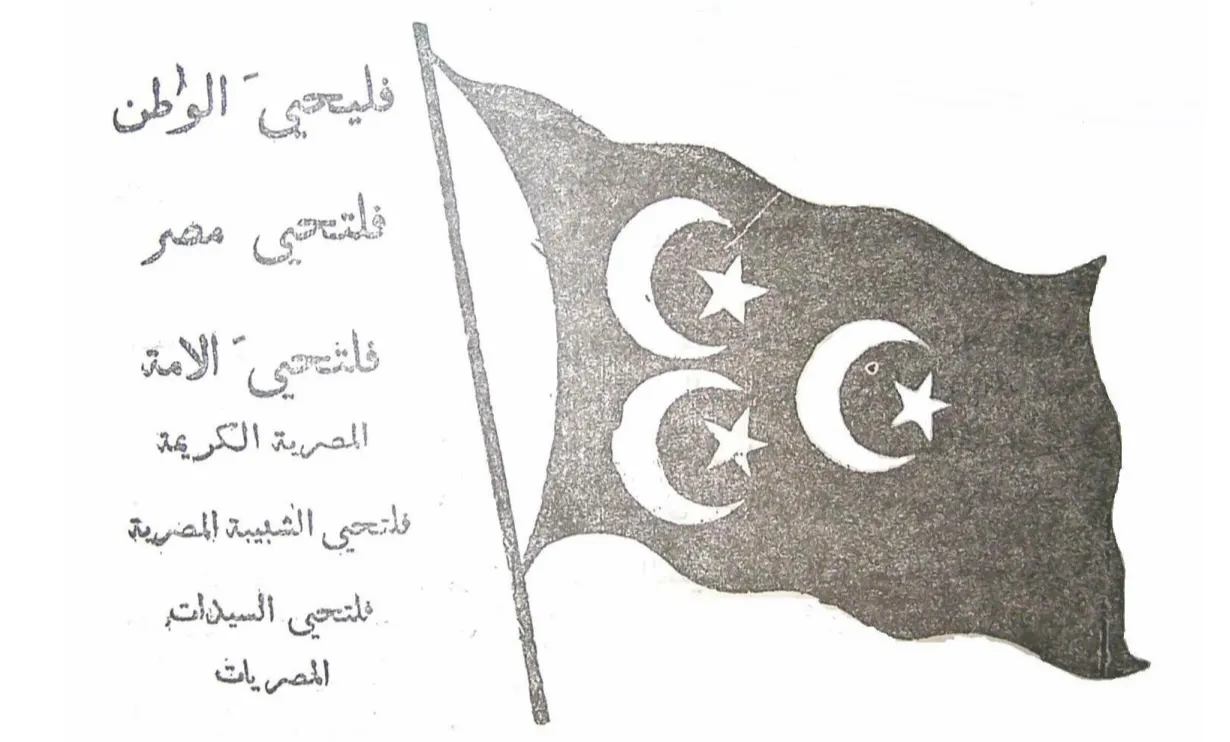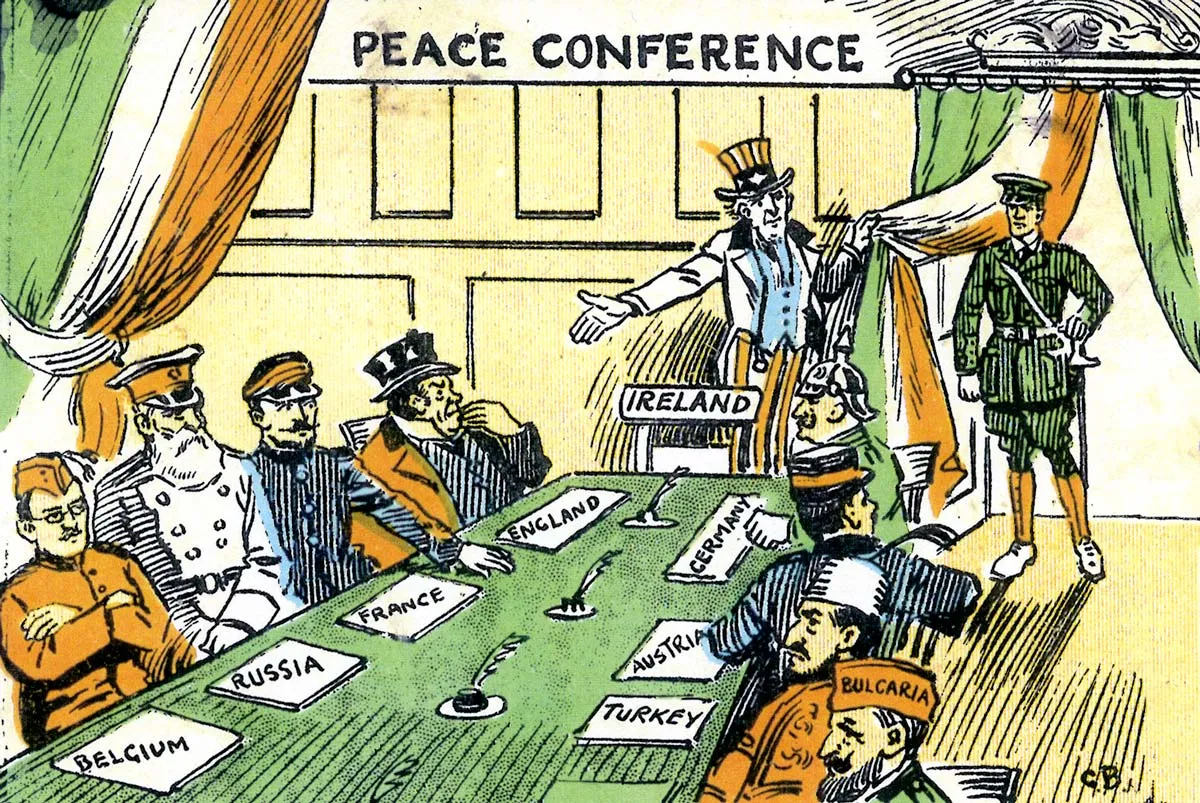“Escape the Prison of Our Narrative”: Teaching Israeli and Palestinian Nonviolence
Discussion of Palestinians and Israelis who have supported nonviolence in the late twentieth and early twenty-first centuries
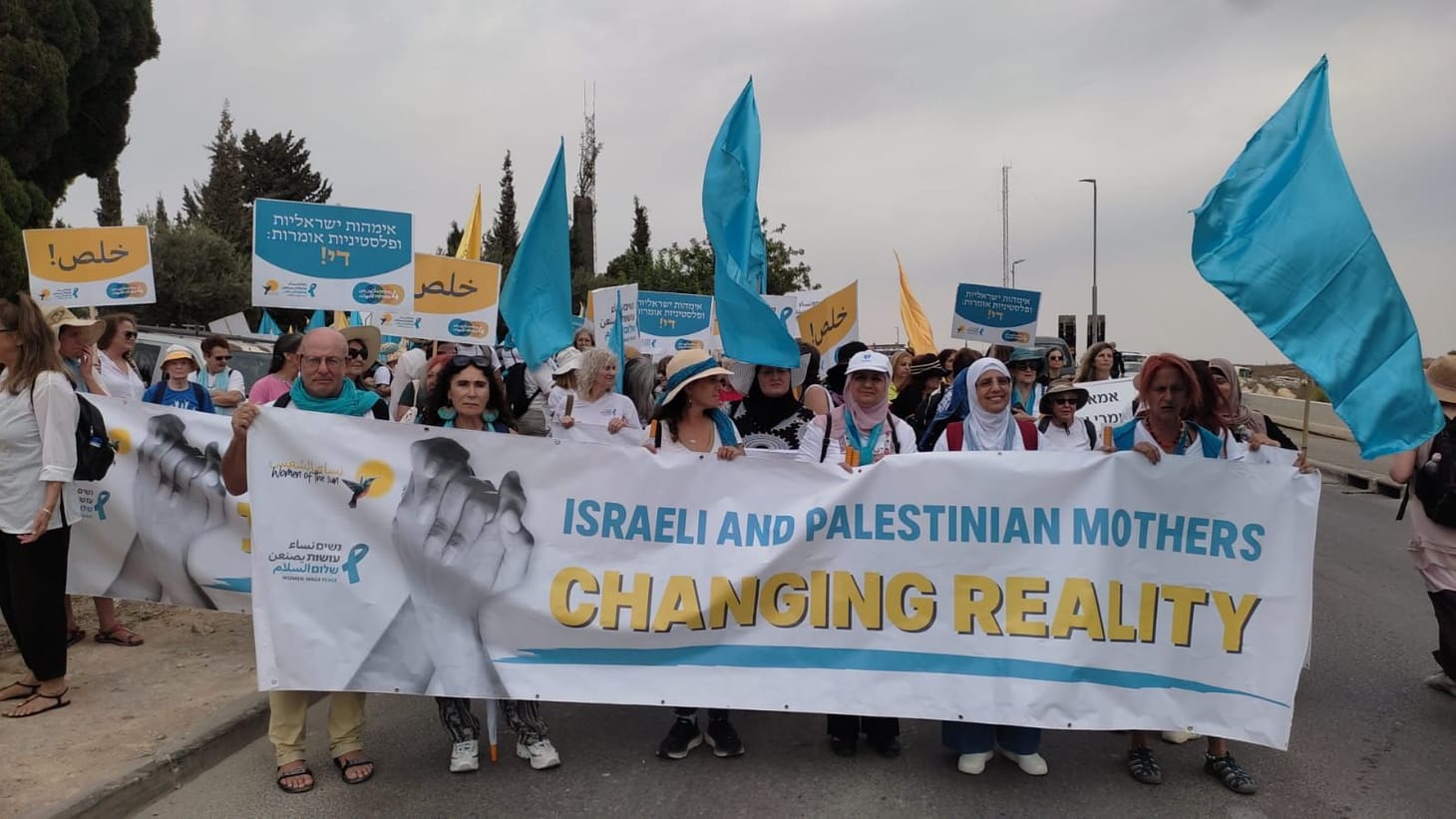
The world seemed different when I began planning this series of posts on the shared history of Israelis and Palestinians in August 2023. It was before Hamas’ horrific attacks on October 7, before Israel’s ongoing massacre of Gazans, and before the spread of protests across college campuses in the United States. Writing these posts at a time when visions of peace and coexistence seem impossible to imagine has become challenging. I look at the news each day and get discouraged.
The other day, I was reminded of Howard Zinn’s inspiring conclusion to A Power Governments Cannot Suppress. In “The Optimism of Uncertainty,” Zinn discusses how to remain socially engaged in a world that seems crazy. I want to share his final paragraphs:
Revolutionary change does not come as one cataclysmic moment (beware of such moments!) but as an endless succession of surprises, moving zigzag toward a more decent society. We don’t have to engage in grand, heroic actions to participate in the process of change. Small acts, when multiplied by millions of people, can quietly become a power no government can suppress, a power that can transform the world.
Even when we don’t “win,” there is fun and fulfillment in the fact that we have been involved, with other good people, in something worthwhile. We need hope. An optimist isn’t necessarily a blithe, slightly sappy whistler in the dark of our time. To be hopeful in bad times is not being foolishly romantic. It is based on the fact that human history is a history not only of competition and cruelty but also of compassion, sacrifice, courage, kindness.
What we choose to emphasize in this complex history will determine our lives. If we see only the worst, it destroys our capacity to do something. If we remember those times and places—and there are so many—where people have behaved magnificently, it energizes us to act, and raises at least the possibility of sending this spinning top of a world in a different direction. And if we do act, in however small a way, we don’t have to wait for some grand utopian future. The future is an infinite succession of presents, and to live now as we think human beings should live, in defiance of all that is bad around us, is itself a marvelous victory.
Zinn’s words provided the ideal reminder that the news often works against the lessons we can teach students. We can choose to reinforce the seemingly endless cycle of stories about violence, or we can help students see the small steps and small acts that gradually (and often surprisingly) lead to social change.
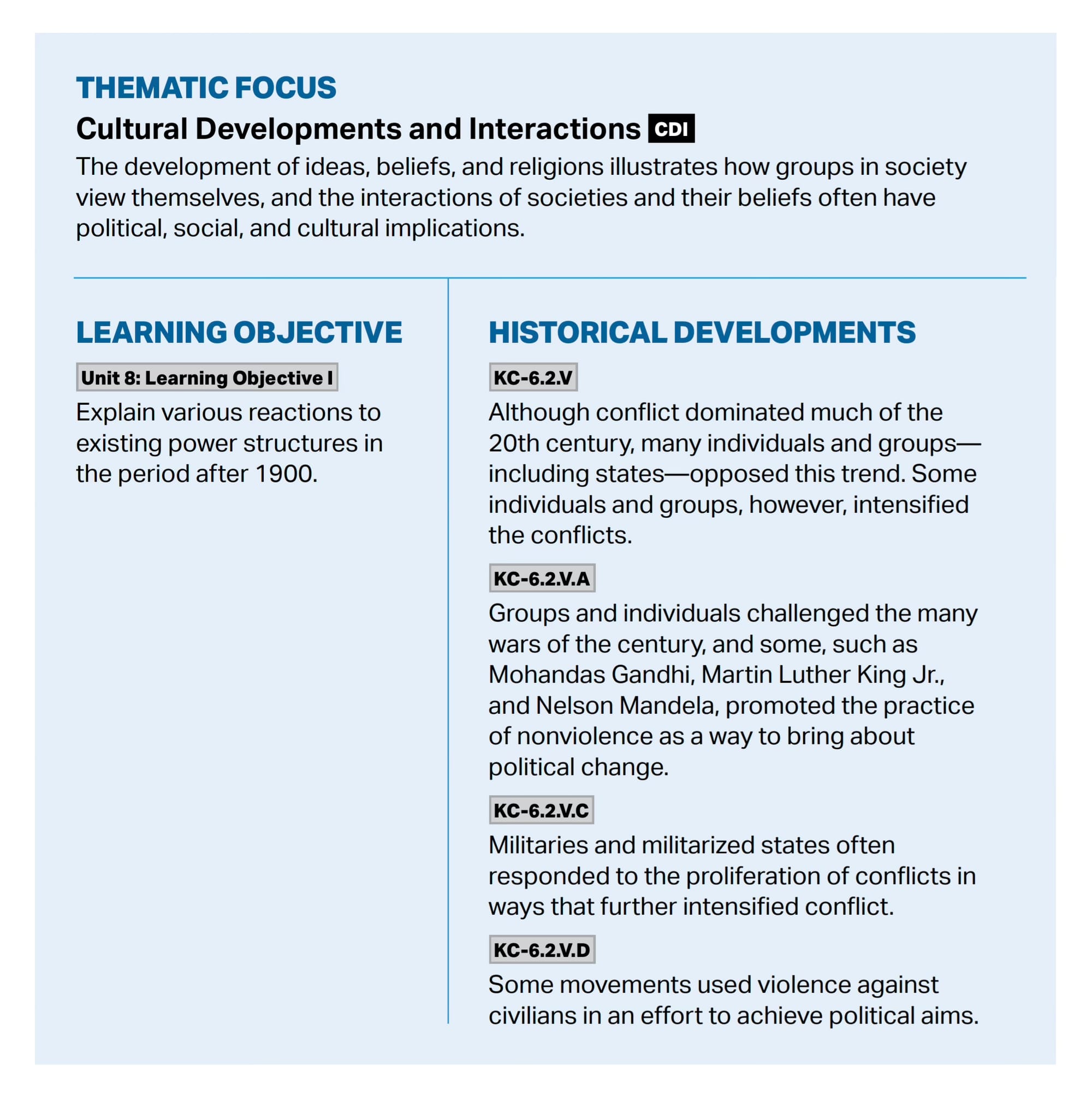
In this final post on Israelis and Palestinians’ shared history, I plan to focus on a handful of examples of Palestinians and Israelis cooperating in nonviolent resistance in pursuit of peace. As I’ve written in other posts, world history teachers often get caught up in teaching a narrative of the conflict. We don’t have to do that. Every AP World History course requires teaching “the practice of nonviolence to bring about political change.” By teaching any of these examples, we are both teaching required content and helping students understand Zinn’s “marvelous victory.”
Israelis Questioning and Speaking Out
This content is for Paid Members
Unlock full access to Liberating Narratives and see the entire library of members-only content.
SubscribeAlready have an account? Log in

